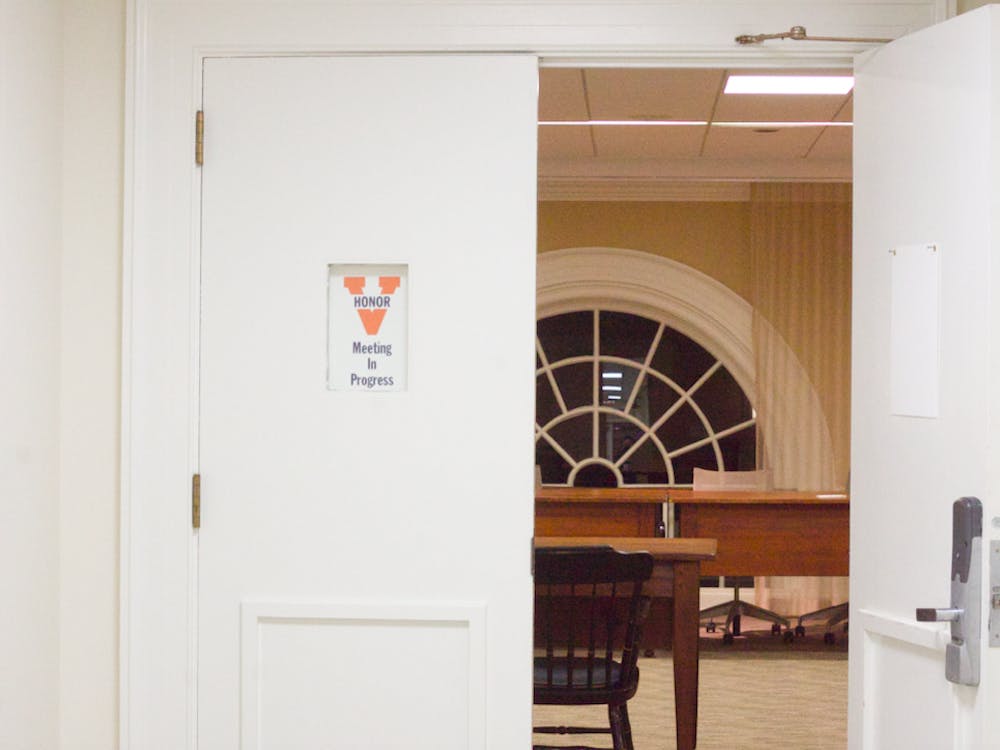Technology is irresistible as a force for change. It can be resisted in the short term but, eventually, due to its overwhelming efficiency, it will be accepted. There are, however, professors and greater institutions that refuse to give in to the power of progress and are stubbornly set in their ways.
The University as a whole can do more to use technology efficiently. Recording and posting all lectures to a University website would be a great step forward from the archaic system we have now. Making all lectures available to students would, most importantly, allow sick or otherwise incapacitated students to miss class without missing any actual material.
This would also revolutionize the system of scheduling classes; time slots would no longer restrict students because they theoretically could watch classes at their leisure, rather than having to attend at times scheduled for everyone. For example, instead of taking classes that fit my schedule, I can allow interest and necessity to guide my selection process, freeing up clutter in the system and streamlining the process.
Taping the lectures for universal student use would also remove the old system of searching for reviews of professors to find out how a course actually works. Letting all students sample classes will allow them to see for themselves how each course functions. To minimize the risk of video theft and subsequent plagiarism, only the first few lectures should be made available to all students and only those students actually enrolled in the class should be able to look at the rest of the lecture tapes. This would eliminate the need to use The Course Forum and Koofers to see student reviews of courses and professors.
The integration of technology into lecture delivery has been criticized in the past as promoting student absenteeism. If the professor really wants to, he can do iClicker questions or take attendance every day. But, with all due respect to faculty members who want full lecture halls, it does not really matter if students physically show up to class. If students have questions they can post them to online forums on Collab — which has the benefit of being available for all classmates to see — or go to office hours. Through this system, if students want the information, they will have to watch the class anyway — this method simply adds convenience. This system should not, however, apply to seminar classes or other relatively small classes, because they are focused on discussion and therefore require regular attendance.
There are those who say that grades will suffer if this policy is implemented. This is a reflection of paternalism in our University community, where administrators and professors profess to know what is best for students. The individual student must take advantage of this system to succeed, and I believe most students would. Not to reform this system for fear of the potential poor decisions and actions of a few unmotivated students is unfair. Those students who would use this privilege to learn more effectively deserve access to it.
Tradition is huge here at the University. From the day I first stepped on Grounds, I was immersed and impressed by how revered and important it was in everyday life. However, the difference between tradition and antiquated ideals needs to be established to prevent the protection of outdated institutions in the name of tradition. The first step to this process is embracing technology — instead of resisting it — by recording all lectures.
Sawan Patel is an Opinion Columnist for The Cavalier Daily. He can be reached at s.patel@cavalierdaily.com.





